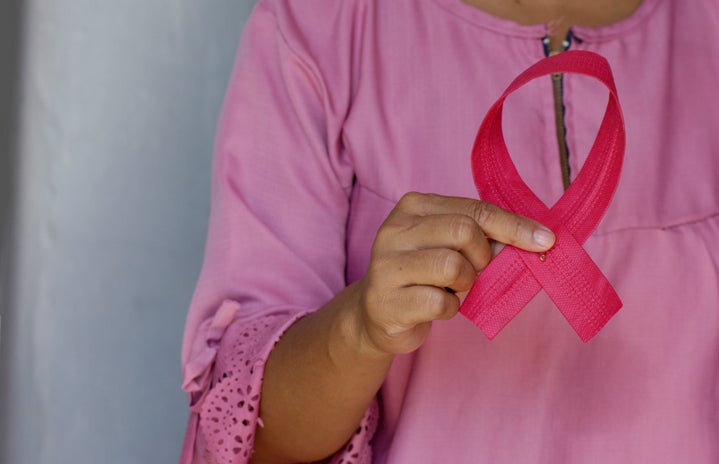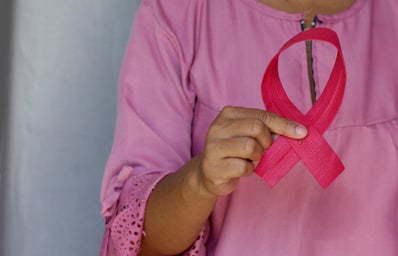As the month of October culminates, it is integral to make sure that breast cancer awareness month was fully commemorated. October, breast cancer awareness month, is designated to show support to people diagnosed with breast cancer and raise awareness of the prevalence and risk factors associated with this deadly disease.
This year’s breast cancer awareness month theme is RISE together to make sure that everyone has the resources, screenings and support they deserve.
Every year more than 260,000 cases of breast cancer are detected in the United States alone. In the U.S, more than 40,000 people die from breast cancer every year. Black women are much more susceptible to dying from breast cancer than white women. The two most common types of breast cancer include invasive ductal carcinoma and invasive lobular carcinoma. The CDC recommends that women 50 to 74 years old with an average risk for breast cancer get mammograms every 2 years and women 40 to 49 years old should consult with their doctor to determine a regular mammogram schedule.
Some Common Misconceptions:
1. Only women can get breast cancer.
Men are also susceptible to developing breast cancer. In fact, each year roughly 2,190 men are diagnosed with breast cancer and around 400 men die from breast cancer every year. Because of the lack of awareness and early detection in men, men have a 25% higher mortality rate than women diagnosed with breast cancer.
2. Finding a lump in your breast means you have breast cancer.
Most of the time lumps in your breasts are harmless. If you detect lumps in your breasts, it is still crucial to monitor them and have them examined by your physician. Through regular self-examinations, effective communication with your doctor and annual clinical visits, you can take ownership of your health and minimize the risk of breast cancer.
3. If you have a family history of breast cancer, you are probably going to develop breast cancer too.
While it is true that those with a family history of breast cancer should begin to take proactive steps to detect breast at an earlier age than those without a family history, only 10% of people diagnosed with breast cancer have a family history of it. If, however, you have multiple generations of breast cancer on the same side of your family, consider testing for breast cancer gene mutations.
How to show support and raise awareness this October?
1. Share a story about how you, a family member, or a friend has been affected by breast cancer.
2. Show support and encouragement for someone fighting breast cancer by writing a hope-filled message on the Wall of Support.
3. Educate yourself on breast cancer and share information and resources with others.
4. Make a donation and purchase a HOPE KIT for someone fighting breast cancer or volunteer to help package one.


